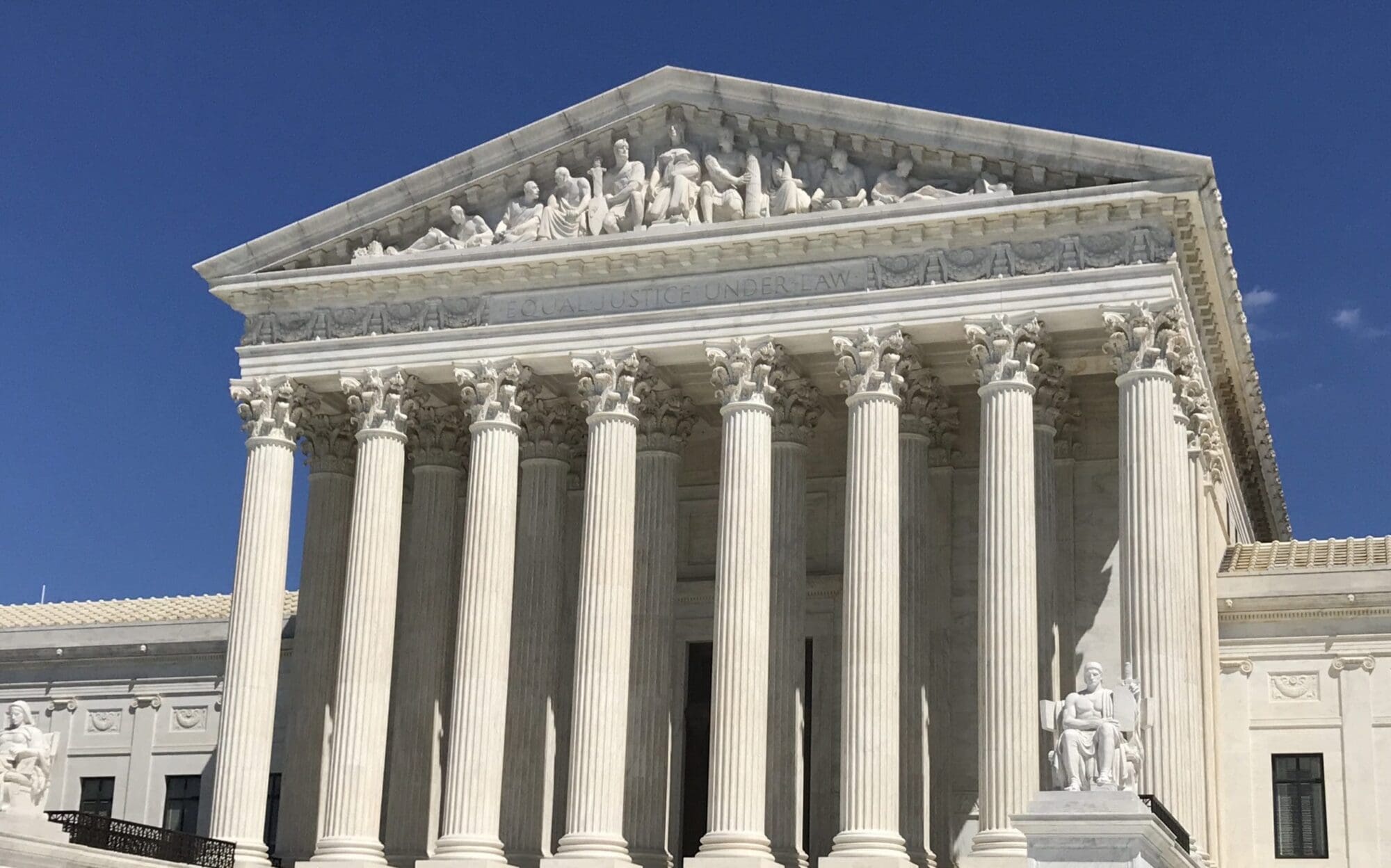A federal court has blocked Texas from enforcing part of a state law to protect children from sexually explicit material in schools while a challenge to the measure is litigated.
On Wednesday, a three-judge panel of the U.S. Fifth Circuit Court of Appeals upheld a lower court’s preliminary injunction against a key section of House Bill 900 that required vendors to rate books sold to Texas schools based on their sexual content.
HB 900, also known as the READER (Restricting Explicit and Adult-Designated Educational Resources) Act, passed last year as a Republican priority and was immediately challenged.
The appellate court said the plaintiffs, a coalition of book vendors and publishers, are likely to succeed on the merits of their claim that the book-rating regulation violates their First Amendment rights.
Plaintiffs called the regulation “textbook compelled speech.”
The court’s opinion was written by Circuit Judge Don Willett, a former Texas Supreme Court justice.
Willett wrote, “In short, the Act requires school book vendors who want to do business with Texas public schools to issue sexual-content ratings for all library materials they have ever sold (or will sell), flagging any materials deemed to be ‘sexually explicit’ or ‘sexually relevant’ based on the materials’ depictions of or references to sex.”
The question presented is narrow: Are Plaintiffs likely to succeed on their claims that READER violates their First Amendment rights? Controlling precedent suggests the answer is yes.
State Rep. Jared Patterson (R–Frisco) proposed the law because many Texas school districts refused to remove sexually explicit books that were found in campus libraries and challenged by local parents as age-inappropriate.
The novel vendor-rating system, which Patterson said could become a model for other states, was a “very important piece” of the law because it shifted responsibility from school officials who buy explicit books to vendors who profit from their sales.
Lawmakers passed the READER Act with bipartisan support, and it was signed into law in June 2023.
In July, plaintiffs filed a lawsuit alleging that the READER Act was unconstitutionally vague and over-broad. They claimed the law replaced “long-established rights of local communities to set and implement standards for school materials within constitutional boundaries” and forced “private businesses to act as instruments of state censorship on controversial topics under threat of retaliation.”
A federal district court granted the plaintiffs’ request for a preliminary injunction to prevent the state from enforcing the law when it took effect on September 1.
The state immediately appealed to the Fifth Circuit and received a temporary stay of the injunction, which allowed the state to enforce the law as litigation continued.
The three-judge panel heard oral arguments in November. The hearing addressed the state’s appeal of the injunction, but judges also asked questions about the merits of the case.
The plaintiffs’ attorney said the case was about “booksellers being compelled to speak against their will and being forced to apply imprecise standards to promote the state’s preferred message.” She argued that HB 900 contained an “impossibly vague and subjective framework” for limiting students’ access to sexual content.
The state’s attorney said the READER Act “is not a book ban” but “simply protects parents’ rights to decide what materials their children will read in a public school library” and “promotes the state’s interest in preventing those very same school children from being exposed to harmful, sexually explicit material at taxpayer expense.”
She also argued that the state should be able to implement the law before a federal court strikes it down.
Ahead of the appeal, Patterson and Texas Public Policy Foundation submitted an amicus brief calling HB 900’s school library standards “the core of READER” and arguing they should be enforced even if courts threw out the vendor ratings.
The Fifth Circuit panel concluded, “The ratings READER requires are neither factual nor uncontroversial. The statute requires vendors to undertake contextual analyses, weighing and balancing many factors to determine a rating for each book. Balancing a myriad of factors that depend on community standards is anything but the mere disclosure of factual information. And it has already proven controversial.”
The appellate court’s ruling stops Texas from enforcing the vendor rating requirement while the state and plaintiffs continue to litigate the merits of the case.
Democrats hailed the ruling as a win, calling the law a “book ban.”
But the court’s ruling has nothing to do with “book banning” or protecting an alleged First Amendment right for children to read adult content while at school. Rather, it addresses the free speech rights of the vendors required to rate books they sell.
Texas mom Tara Petsch called the ruling “unreal.”
Petsch has spent two years leading the fight to exclude explicit books from her local school libraries in Fredericksburg.
“School board trustees have always had the legal right to remove pervasively vulgar and educationally unsuitable materials from their campuses. They have just chosen not to do it because of threats of lawsuits from leftist organizations like the Texas Library Association,” said Petch, who heads the Gillespie County chapter of Moms for Liberty and serves as the group’s Texas Ambassador. “School board trustees must start protecting children.”
The READER Act also required Texas schools to adopt standards prohibiting sexually explicit materials in campus and classroom libraries. That part of the law was not enjoined, and the state approved the mandatory school library standards in December.
Patterson issued a statement Wednesday calling on the Texas Attorney General’s office to appeal the Fifth Circuit’s decision to the U.S. Supreme Court.
In the meantime, he said the new school library standards “create guardrails to empower parents, prevent sexually explicit materials, and improve school district transparency.”
Patterson added that he is looking forward to “how Texas can improve vendor accountability with other legislative solutions next session.”
As always, it will still be up to Texas parents to verify that their local school officials are complying with the law to protect students from sexually explicit material.





